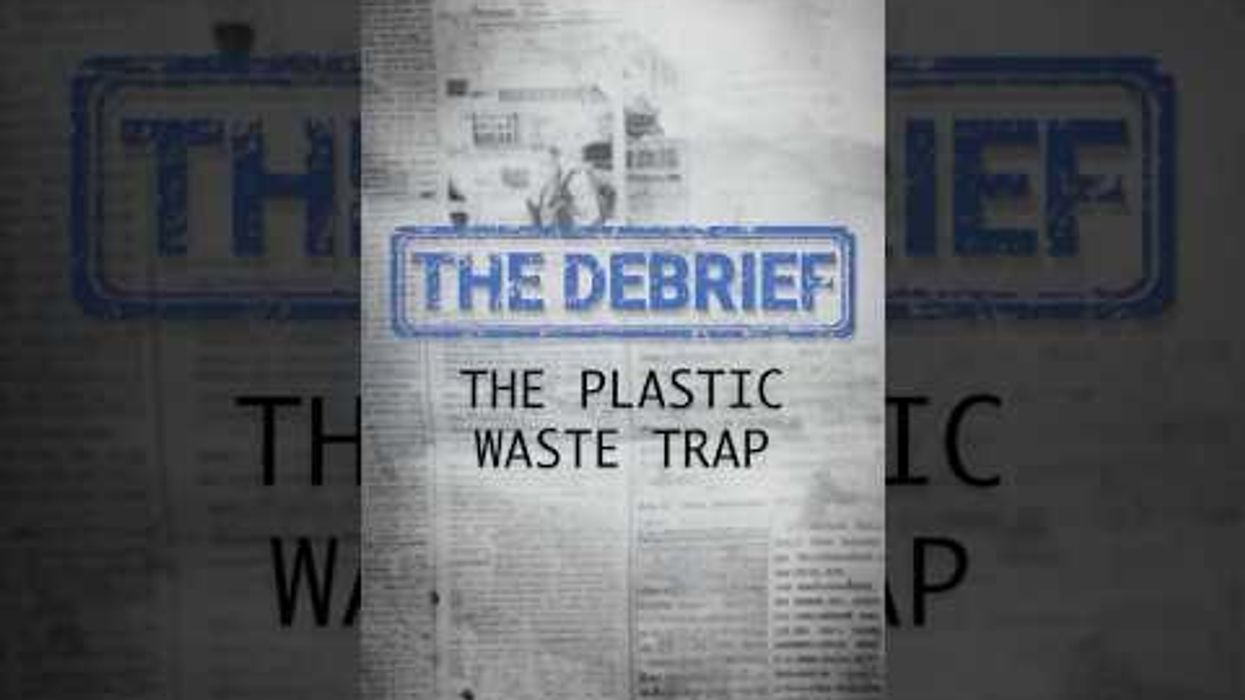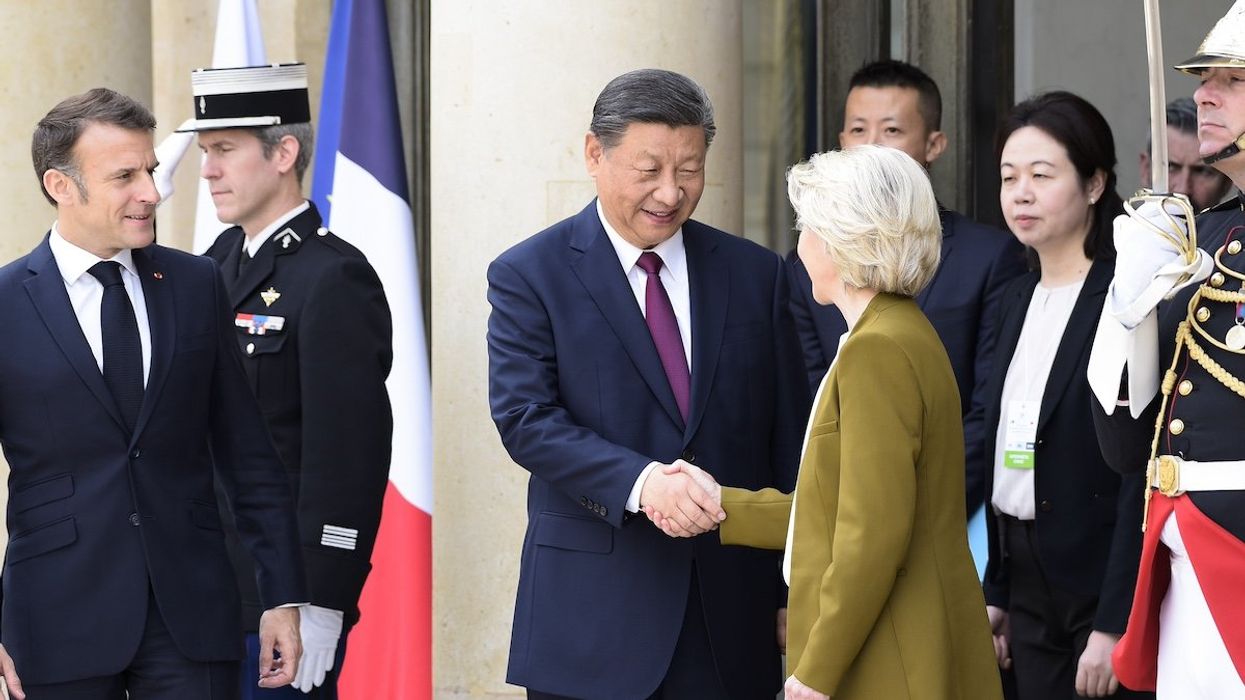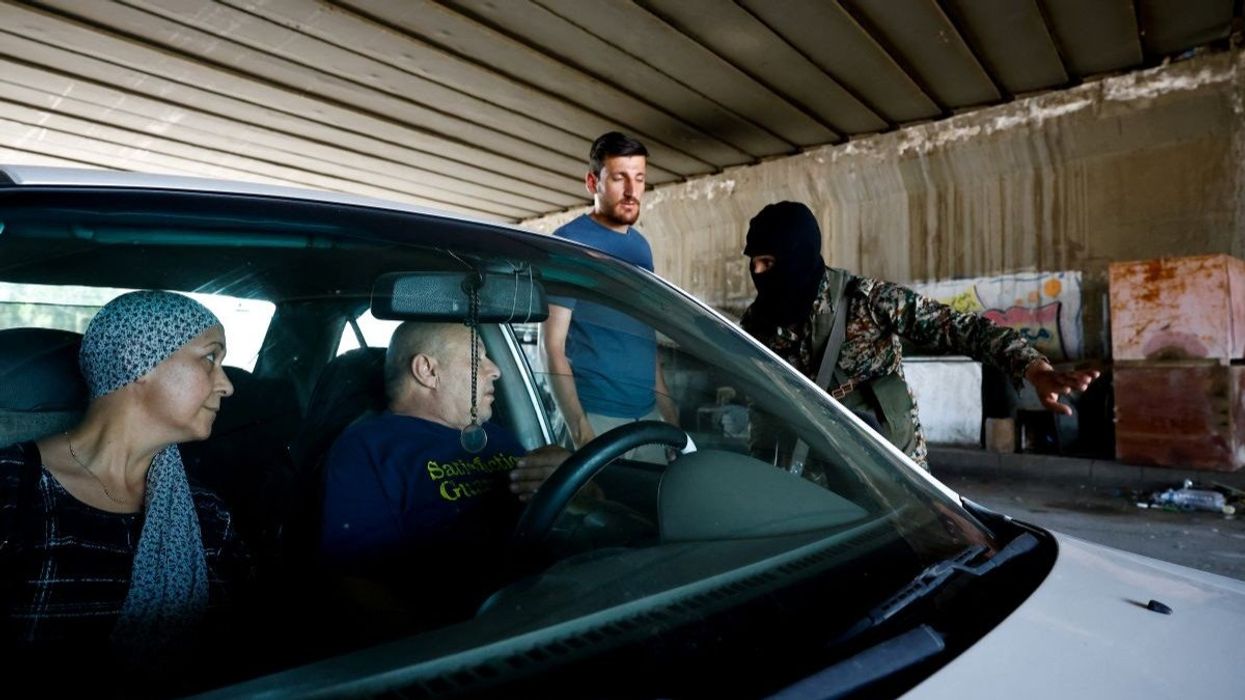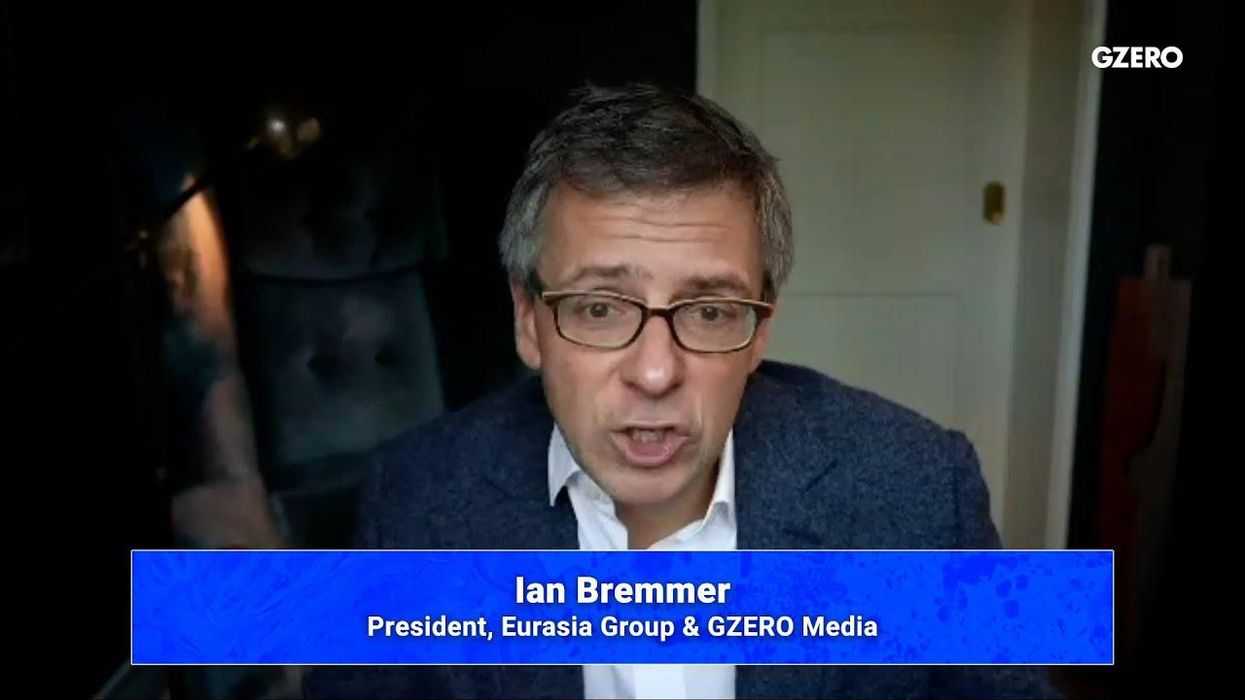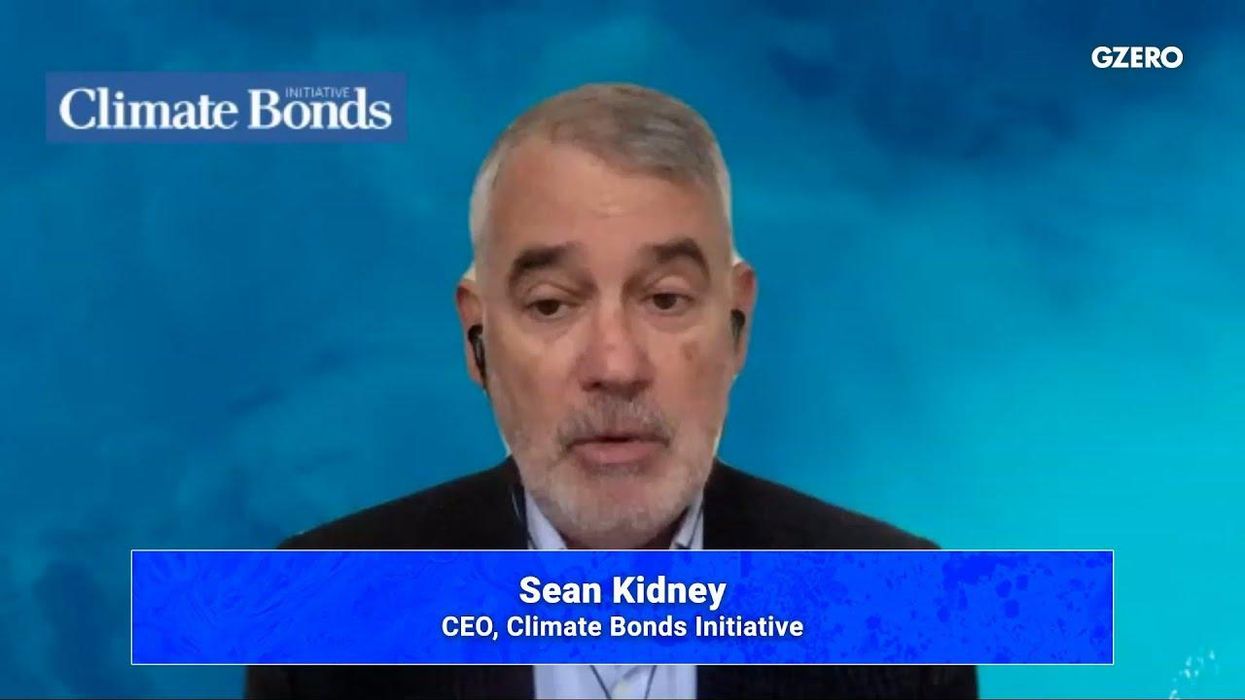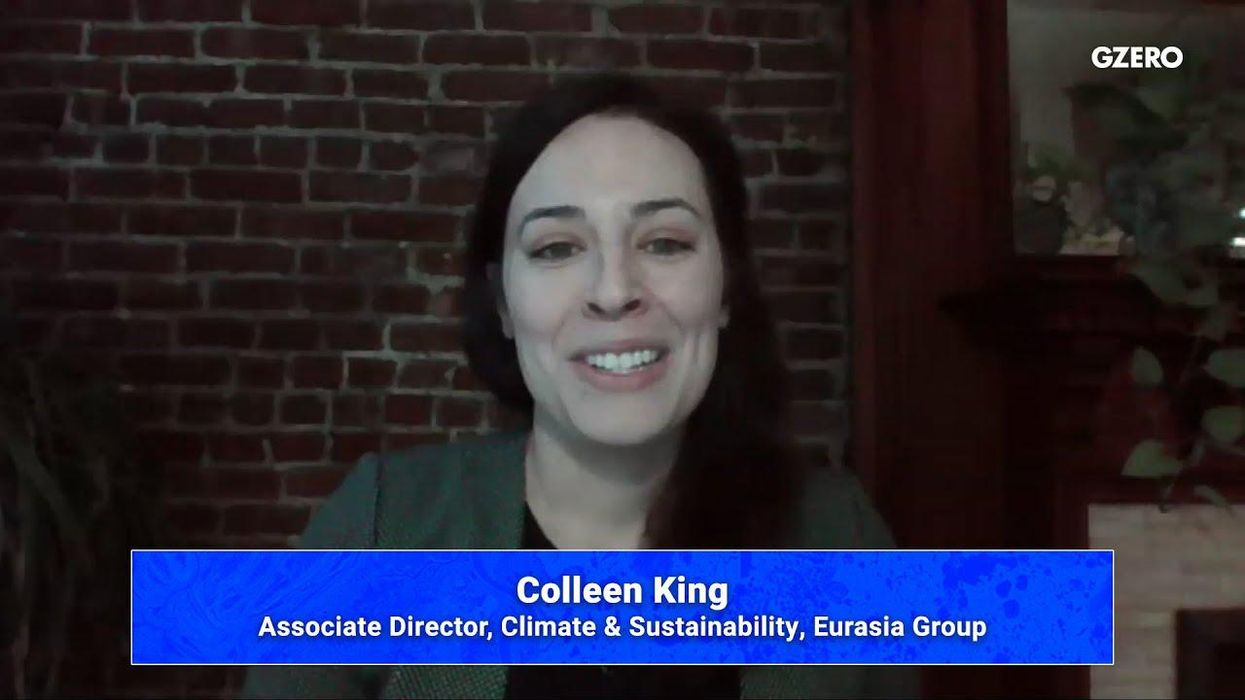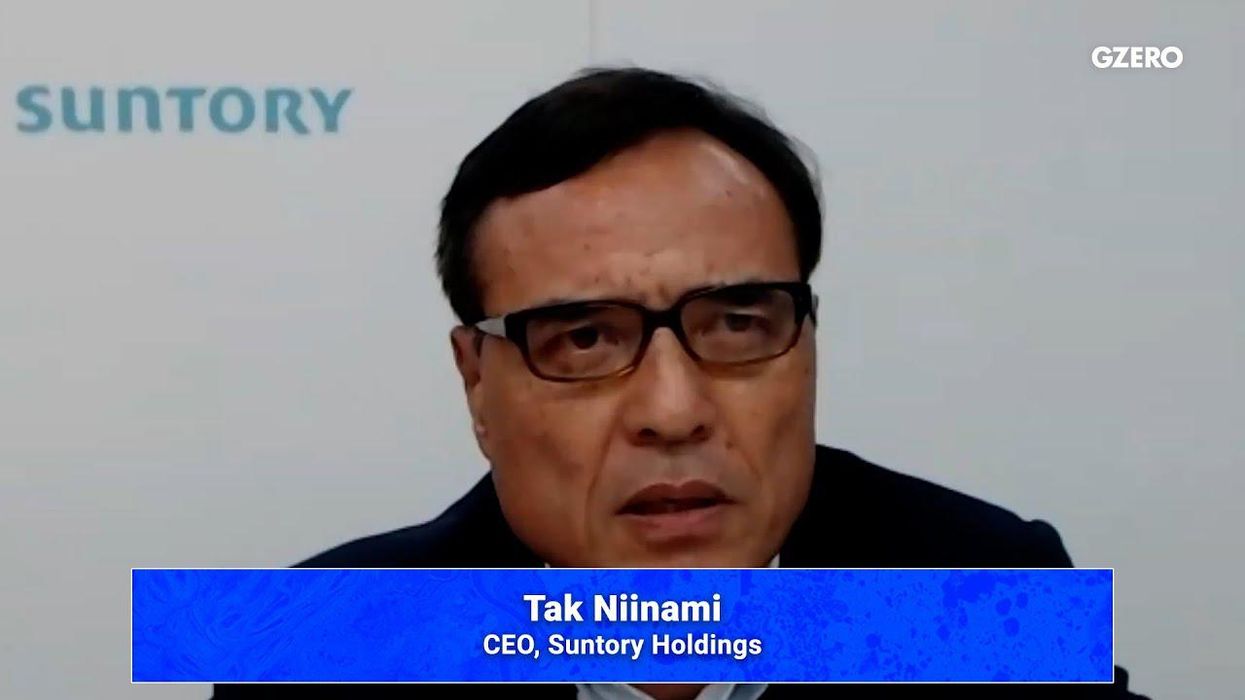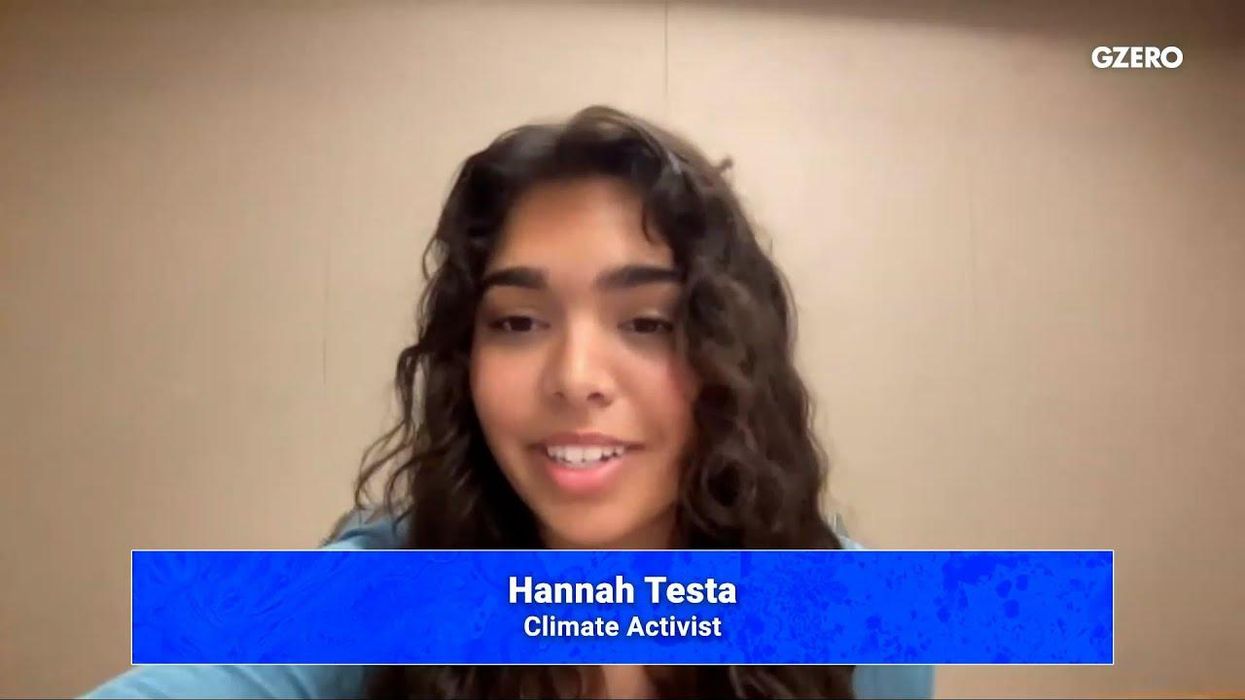The Debrief
Plastic waste is killing us. But we can't seem to quit it.
After years of careful planning, negotiations in Geneva over the first-ever global plastics treaty ended in deadlock, says Eurasia Group's sustainability expert Franck Gbaguidi. Here's why the world is stuck in a plastic waste trap.
Aug 20, 2025
